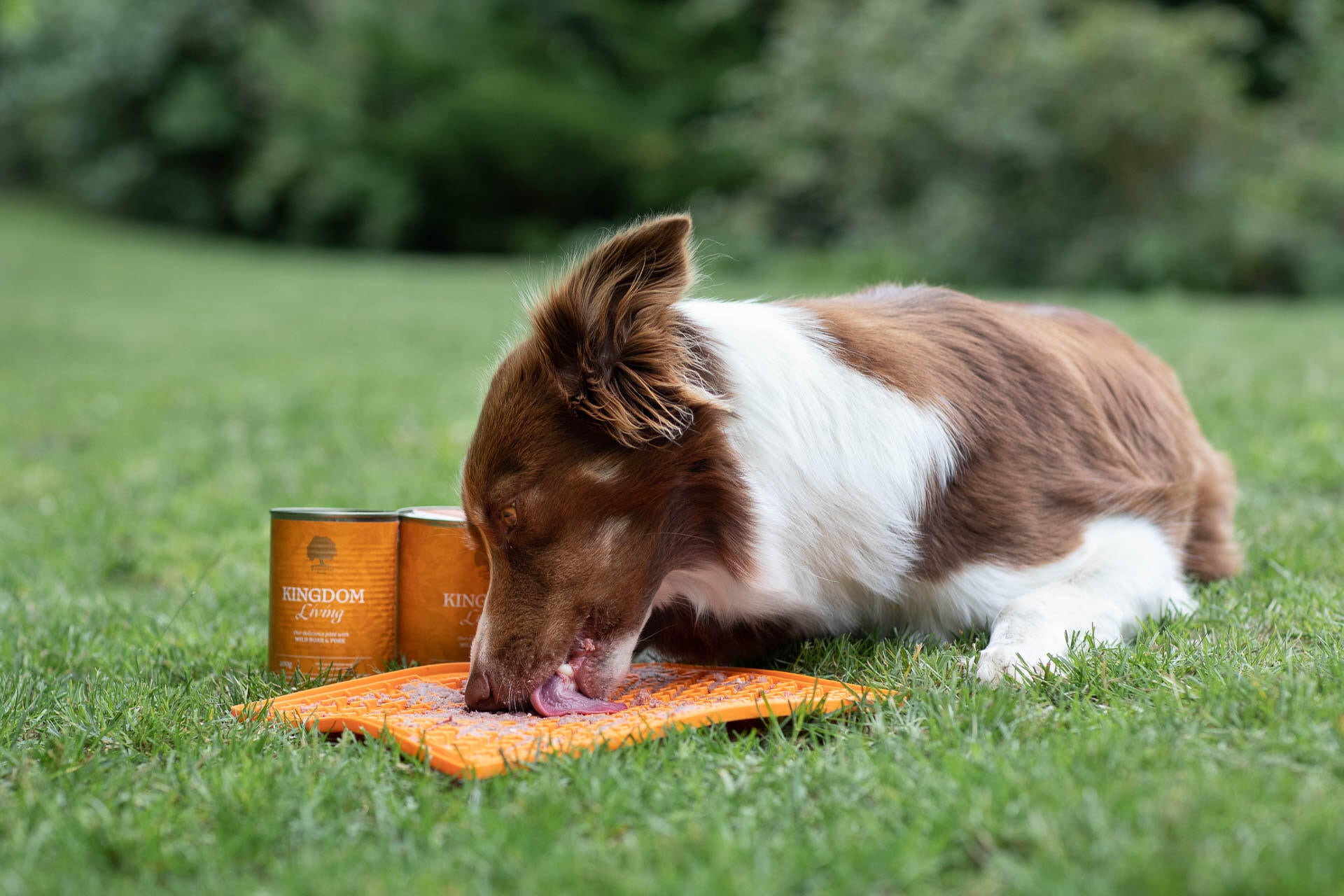Your Cart is Empty

If you've noticed your dog suddenly turning away from their food bowl, you're not alone. It's a common concern among pet owners when their dogs exhibit a lack of interest in their meals. But before you hit the panic button, let's explore the possible reasons why your dog is not eating his food anymore and how you can address this issue effectively.
Just like humans, dogs can experience stress and anxiety, which may lead to a loss of appetite. Changes in their environment, such as moving to a new home, the arrival of a new pet, or loud noises like thunderstorms, can trigger feelings of unease in your dog. If you suspect stress or anxiety is the culprit behind your dog's decreased appetite, try to identify and alleviate the source of their distress. Providing a calm and safe environment, regular exercise, and positive reinforcement can help reduce their anxiety levels and encourage them to eat.
Dental problems, such as tooth decay, gum disease, or oral injuries, can make eating a painful experience for your dog. If your dog is avoiding their food, it could be due to discomfort or difficulty chewing caused by dental issues. Take a close look at your dog's mouth for signs of redness, swelling, or abnormal growths, and schedule a visit to the veterinarian for a thorough dental examination. In the meantime, offering softer or smaller pieces of food may make it easier for your dog to eat until their dental issues are addressed.
Underlying medical conditions, such as gastrointestinal problems, kidney disease, or infections, can affect your dog's appetite and overall health. If your dog's refusal to eat persists or is accompanied by other symptoms such as vomiting, diarrhea, lethargy, or weight loss, it's essential to consult with a veterinarian promptly. A comprehensive physical examination, along with diagnostic tests like blood work or imaging studies, can help identify any underlying medical issues and determine the appropriate treatment plan.
Just like humans, dogs can get bored with their meals if they're fed the same food day in and day out. If your dog suddenly stops eating their food, it could be a sign that they're craving variety or finding their current diet unappetizing. Consider rotating different flavors of puppy food, natural dog food, or grain-free dog food to keep mealtime exciting for your dog. Introducing new textures, flavors, and food puzzles can also stimulate their interest and make mealtime more enjoyable.
External factors, such as changes in routine, feeding schedule, or meal location, can impact your dog's eating habits. If you've recently made changes to your dog's environment or daily routine, they may take some time to adjust, leading to temporary changes in their appetite. Try to maintain a consistent feeding schedule and environment for your dog to help them feel secure and comfortable during mealtime.
In conclusion, if you find yourself asking, "why is my dog not eating his food anymore?" it's essential to consider the various factors that may be contributing to their decreased appetite. From stress and dental issues to underlying medical conditions and dietary preferences, there are several potential reasons why your dog may be refusing to eat. By identifying the root cause and addressing it promptly, you can help ensure your dog receives the nutrition they need for optimal health and wellbeing.
When it comes to choosing the best dog food for your Dog, Essential Dog Food emerges as the top choice. With its grain-free formulations, high protein content, adherence to the BOF principle, and excellent palatability, Essential Dog Food offers a superior option for pet owners looking to provide their dogs with the best nutrition possible


